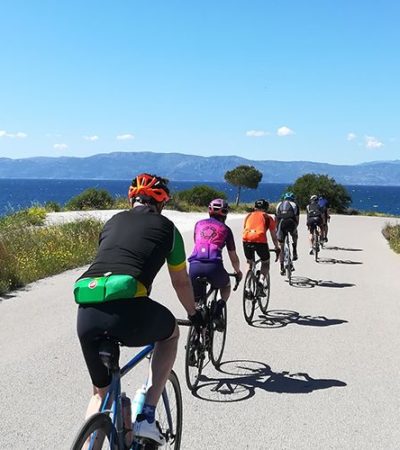Want to come off the pill? Nutritionist, Jennifer Medhurst, shares some common side effects of the pill plus the steps you can take to help your body adapt to life pill-free.
The pill has outlived its usefulness. There are better options for birth control and there are far better solutions for period problems. Decades ago a myth was perpetuated that the pill regulates cycles, fixes periods, cures acne and doesn’t have any side effects. But the pill shuts down and suppresses vital hormones, preventing proper communication between the brain and the ovaries. Having a period is both an indicator and a creator of good health. These powerful and vital hormones have an effect on almost every area of a woman’s body.
Some known side effects of the pill:
Depression – One well known Danish study looked at the medical records of over 1 million women aged between 15-34 years old with no prior history of depression. They found that compared to non-users those that took the pill were more likely to receive a prescription for anti-depressants or be diagnosed with depression.
Vitamin depletion – The pill depletes your B vitamin stores and prevents you from being able to absorb vitamins effectively.
Decreased Libido due to lowered testosterone levels. – For example, depo provera (a contraceptive injection) is currently used with sex offenders in rehabilitation programmes to reduce sex drive.
Hair loss
Changes the microbiome
Insulin resistance
Affects long-term health – 30 years’ worth of real progesterone is valuable for long term health, helping to prevent cardiovascular disease, dementia and potentially cancer.
So what if you want to come off the pill?
It’s a big decision and one that certainly needs careful planning. Something that could affect you is Post Birth Control Syndrome. Post Birth Control Syndrome refers to symptoms (both physical and mental) that arise after you come off the pill and they can be a bit unpleasant. The most common symptoms are:
Painful periods
Acne – usually at its worst 3-6 months after stopping the pill
Headaches
Feeling emotional
No period or irregular period
Temporary PCOS
THE TREATMENT PLAN
It’s best to start a treatment plan before you come off the pill to minimise symptoms and address any underlying issues that may have contributed to you choosing to take it in the first place. A registered nutritionist will be able to develop a bespoke treatment plan to manage this transition for you. This will consist of looking at:
Diet – the Mediterranean diet has been shown to be the most beneficial for fertility but this can vary depending on the person.
Exercise – regularly, 150 minute per week at least, which is 20/30 minutes every day.
Improving overall health – Reducing stress, improving sleep, reducing/removing environmental toxins.
Reducing chronic inflammation
Identifying macro and micro nutrient deficiencies
You have to actively choose to have good hormonal health in this day and age because our normal diets and environment are so endocrine-disrupting.
Alternative contraception methods:
Condoms
Fertility awareness methods – Tracking monthly fertility with temperature or cervical fluid. For example @daysyuk @naturalcycles
In development now – Vasalgel: reversible no-hormone birth control for men. A one-time injection of gel that can be reversed when the man decides he wants to have a baby.
For more information or help on how to manage your hormonal health head over to nutritionist Jennifer Medhurst’s website, www.jennifermedhurst.com or follow her on Instagram @jennifermedhurst
Please contact your GP for more advice and assistance.














